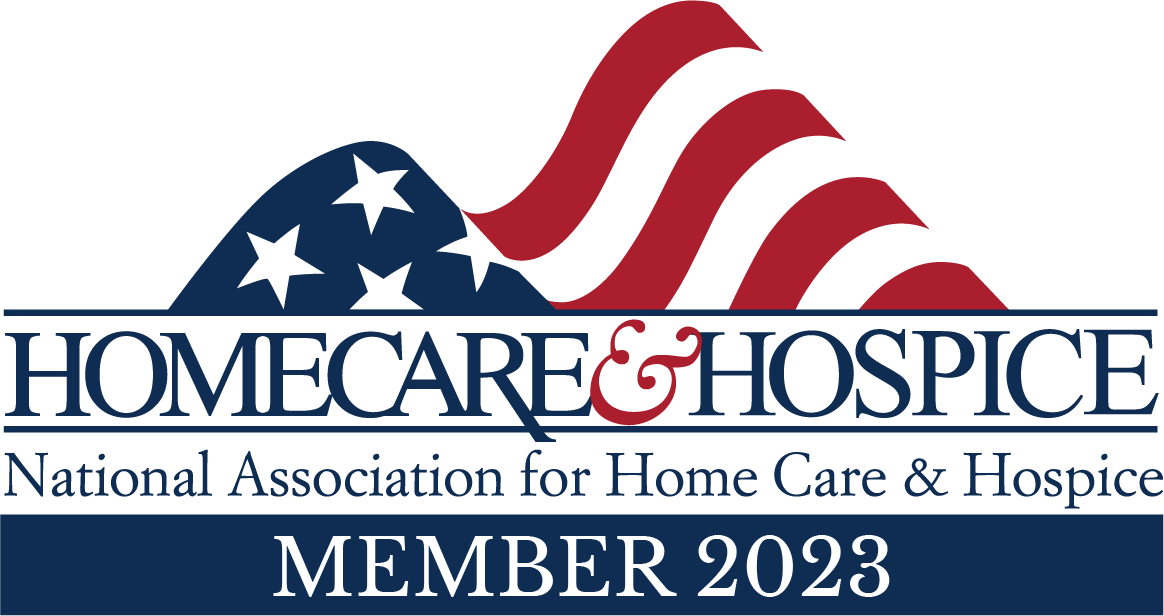As the famous saying goes, “There’s no place like home.” Studies highlight that “home” is the preferred choice for individuals in need of medical care when recovering from an injury, illness, or supporting a chronic condition. In fact, over 12 million Americans receive home healthcare services each year, with the vast majority being aged 65 and older.
So what exactly is home health?
Skilled home healthcare refers to a wide range of intermittent healthcare services provided in a person’s home to treat an illness or injury. Skilled home healthcare is often more convenient and less expensive than receiving care in a hospital or skilled nursing facility, and it can also be just as effective. Skilled home healthcare services can support various medical care needs, such as medication management, wound care, provision of medical equipment, medical social work services, and access to therapies like physical, occupational, and speech-language therapy. (National Institute on Aging).
Some common reasons individuals use home health:
- Recovery from Surgery or Illness: Skilled home healthcare can help individuals recover safely and comfortably at home after surgery or illness, reducing the risk of complications and hospital readmissions. Typically, services are provided for a shorter duration of time, generally 30-90 days as a person gets back on their feet.
- Chronic Disease Management: Individuals with chronic conditions, such as diabetes, heart disease, or COPD, can receive specialized care and support to manage their conditions and improve their quality of life.
- Mobility Assistance: Home health aides can assist individuals with mobility issues, helping them move around the home safely and maintain their independence.
- Medication Management: Skilled home healthcare providers can help individuals manage their medications, ensuring they are taken correctly and on schedule.
There are several benefits to receiving care at home, including:
- Comfort and Familiarity: Being in familiar surroundings can promote comfort and a sense of security, which can aid in the recovery process.
- Personalized Care: Skilled home healthcare services are tailored to individual needs, ensuring that each person receives the care and support they require.
- Cost-Effectiveness: Skilled home healthcare is often more cost-effective than care received in a hospital or skilled nursing facility, making it a more affordable option for many individuals, many times with no out of pocket cost to the patient.
- Improved Outcomes: Studies have shown that individuals who receive care at home often experience better outcomes, including reduced hospital readmissions and improved quality of life.
Click here to learn more about skilled home healthcare services, whether you are recovering from an illness or injury, transitioning from a hospital stay or working to regain independence.
Ready to learn more about home health services and how it may support your care needs? Start your assessment today by connecting to a Boost Home Healthcare location near you.
Helpful resources:
- Home Health Services (Medicare.gov)
- Jones CD, Bowles KH, Richard A, Boxer RS, Masoudi FA. High-value Home healthcare for patients with heart failure. Circ Cardiovasc Qual Outcomes. 2017;10(5):e003676.


